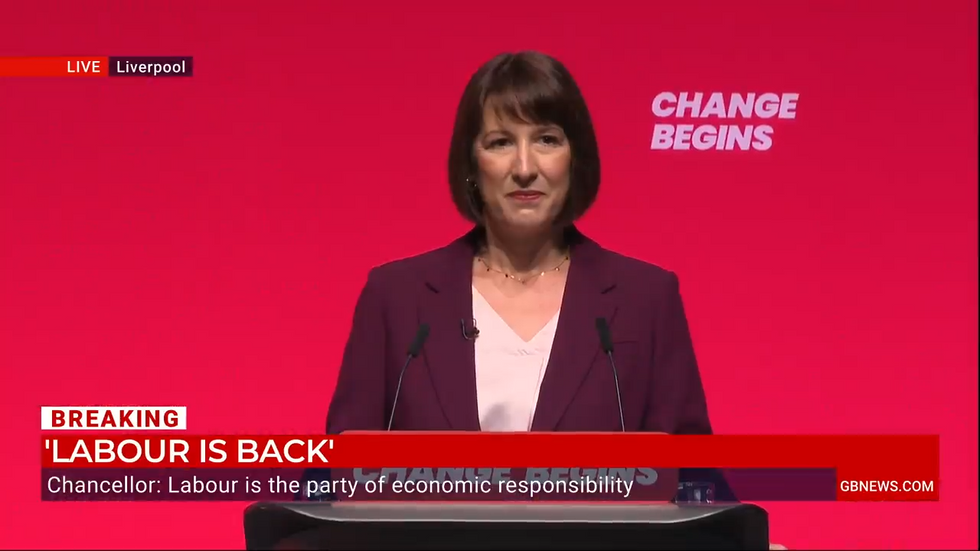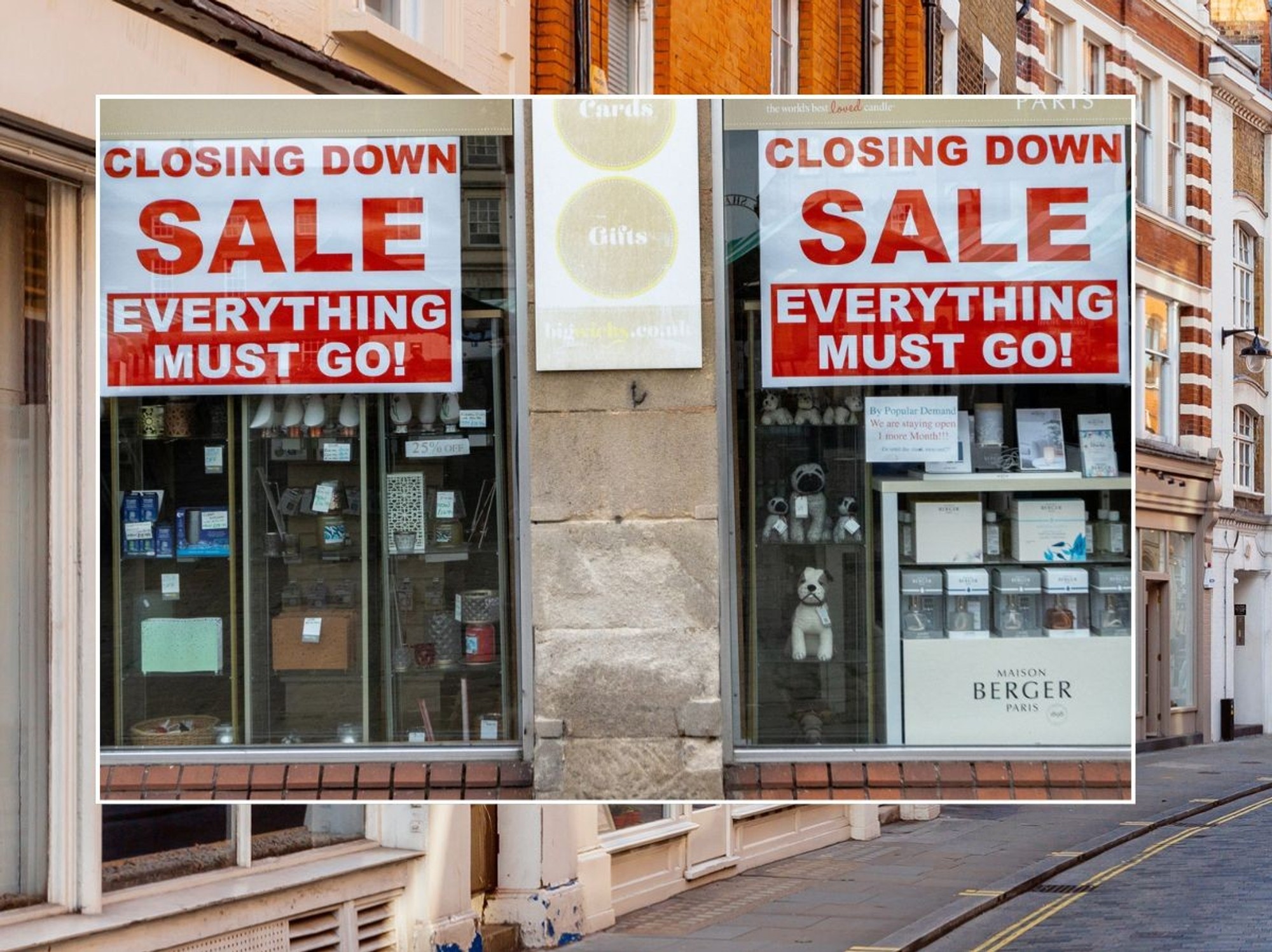Michelle Dewberry left lost for words by millionaires ‘fleeing’ Britain as leftist tax demand ‘backfires’
GB NEWS
Analysts are calling on the Chancellor to tax action due to the impact of frozen tax thresholds
Don't Miss
Most Read
Trending on GB News
Nearly 18 million Britons will be dragged into paying basic rate income tax by 2027/28 due to frozen tax thresholds, according to new data from HM Revenue and Customs (HMRC)
The figures, obtained by wealth manager Quilter through a Freedom of Information (FOI) request, reveal the significant impact of the current freeze on income tax thresholds.
The tax threshold freeze has dramatically increased the number of people paying tax for the first time. Many will face higher tax bills as their incomes rise while thresholds remain static.
Of the total 17.9 million, 11.6 million people will be affected during the final three years of the freeze, covering the 2025/26 to 2027/28 tax years.

More people are being pulled into higher tax brackets
GETTY / PA
The analysis also reveals that 8.2 million of these individuals are over the age of 60. This represents a significant proportion of older Britons who will find themselves paying income tax.
The data, revealed through Quilter's Freedom of Information request, shows how the impact of frozen thresholds will accelerate in the later years of the policy.
Many of these taxpayers will be facing income tax bills for the first time. The data suggests that those receiving pension income, including the state pension, will increasingly be forced to pay tax on their retirement income for the first time.
As the state pension rises while the personal allowance remains stagnant, many pensioners will soon find themselves having to pay back a proportion of their state pension.
This represents a significant shift for many retirees who previously did not earn enough to reach the tax threshold. The freeze is effectively creating a "stealth tax" on pensioners whose income is rising with inflation while tax thresholds remain frozen.
The freeze on income tax thresholds is also pushing more people into higher tax brackets. By the 2027/28 tax year, an additional 12 million people will become higher rate taxpayers.
A further two million will be pushed into paying the additional rate of income tax. Of those moving into the higher rate tax band, 8.2 million (68 per cent) will do so in the final three years of the freeze.
Similarly, 1.4 million (70 per cent) of those moving into the additional rate tax band will do so during the same period. This demonstrates how the impact of the freeze intensifies over time as incomes rise.

Britons are losing more of their hard-earned cash to the tax man
GETTYRachael Griffin, tax and financial planning expert at Quilter, said: "The number of people expected to pay income tax for the first time, or at a higher rate, by 2027/28 is set to rise exponentially due to the continued freeze on tax thresholds."
"Initially introduced in the 2021-22 tax year until 2025-26, the freeze was expected to bring 1.3 million more people into paying income tax and one million more into paying at the higher rate."
"Now, however, the extended freeze until 2027/28, combined with higher wages, will see almost 18 million people paying income tax and 12 million paying at the higher rate."
Griffin noted that during the 2024 Autumn Budget, Chancellor Rachel Reeves was called to extend the freeze until 2030 would boost Government coffers by billions.
However, Reeves also indicated this would hurt working people and contradict Labour's manifesto commitments. The lengthy freeze represents a significant "tax rise by stealth" through fiscal drag.
As incomes rise, more people are pulled into paying tax for the first time or into higher tax brackets. Even without explicit tax increases, the government collects more from taxpayers each year by keeping thresholds static.
LATEST DEVELOPMENTS:

Rachel Reeves is under fire over the impact of fiscal drag
GB NEWSGriffin emphasised that strategic financial planning has never been more important given these circumstances.
Some taxpayers will be able to mitigate their tax burden through options such as salary sacrifice arrangements.
Increasing pension contributions is another potential strategy to reduce tax liability. For retirees specifically, Griffin advised exploring different approaches to taking income.
This could help ensure they are not paying more tax than necessary on their retirement funds.








